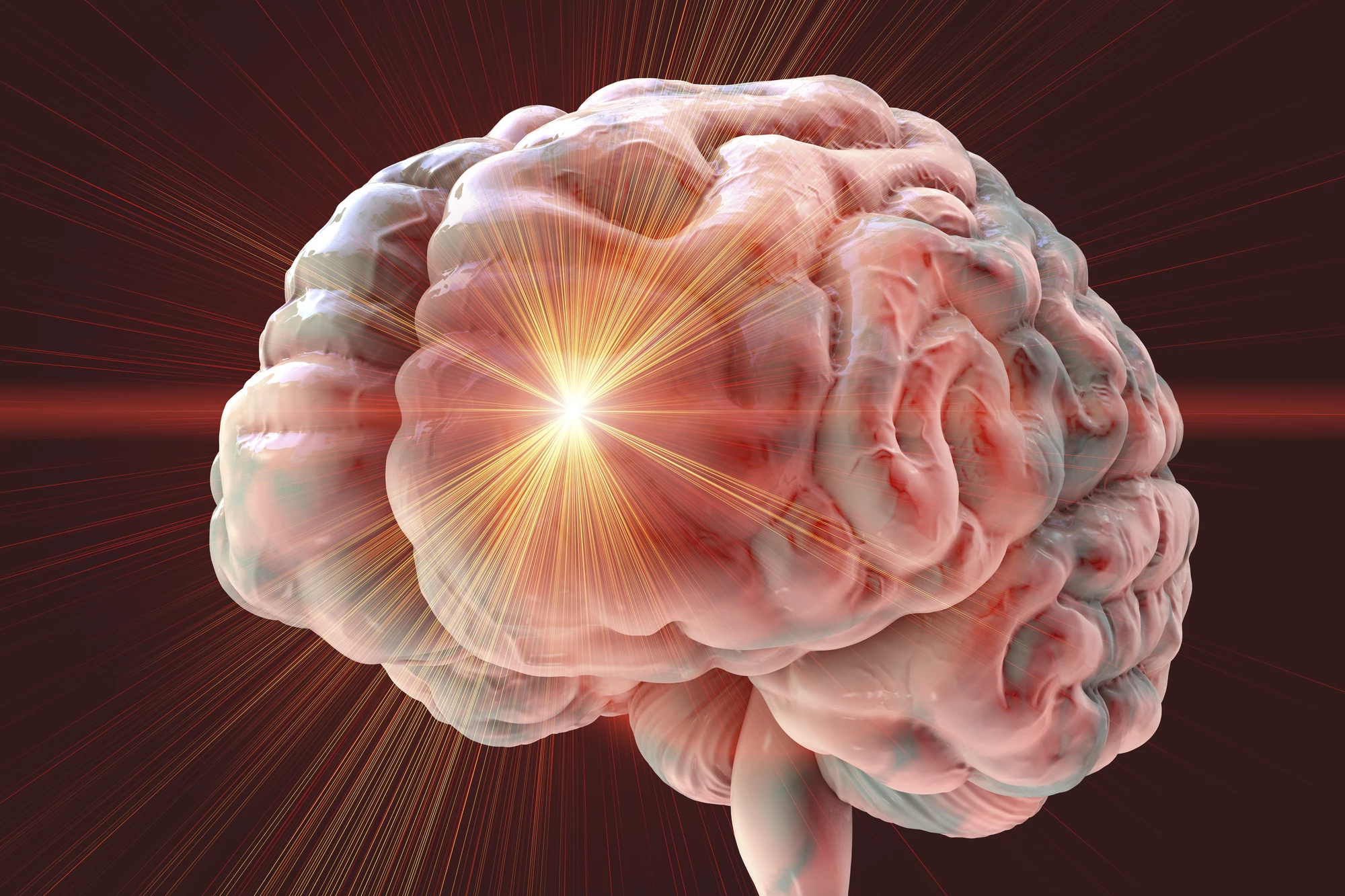Researchers have converted brain immune cells into neurons, replacing damaged ones and restoring function in stroke-affected mice. The next step is to see if the same results can be achieved using human brain cells, opening the door to a potential treatment for stroke.
After a stroke or other cerebrovascular disease has deprived the brain of blood flow, neurons are either damaged or die, causing characteristic physical and mental deficits. Now, researchers from Kyushu University in Japan have converted microglia, the brain’s primary immune cells, into neurons to restore motor function in stroke-affected mice.
“When we get a cut or break a bone, our skin and bone cells can replicate to heal our body,” said Kinichi Nakashima, a corresponding author of the study. “But the neurons in our brain cannot easily regenerate, so the damage is often permanent. We therefore need to find new ways to place lost neurons.”
The researchers knew from their previous research that microglia could be induced to develop into neurons in the brains of healthy mice. Following a stroke, microglia, responsible for removing damaged or dead brain cells, move towards the injury site and replicate quickly.
“Microglia are abundant and exactly in the place we need them, so they are an ideal target for conversion,” said Takashi Irie, the study’s lead author.
The researchers induced a stroke in mice by temporarily blocking the right middle cerebral artery, a major blood vessel in the brain commonly associated with stroke in humans. After a week, the mice were observed to have difficulties in motor function and a marked loss of neurons in the striatum, a region of the brain involved in decision-making, action planning and motor control.
They used a lentivirus – a subclass of retrovirus used as a viral vector – to insert DNA into microglial cells at the site of the stroke injury. The DNA contained instructions for producing NeuroD1, a protein that induces neuronal conversion. Over subsequent weeks, the cells developed into neurons.

At three weeks post-insertion of DNA, the mice showed improved motor function. By eight weeks, the newly induced neurons had successfully integrated into the brain’s circuitry. When the researchers removed the new neurons, motor function improvements were lost, confirming that the new neurons directly contributed to the mice’s recovery.
“These results are very promising,” Nakashima said. “The next step is to test whether NeuroD1 is also effective at converting human microglia into neurons and confirm that our method of inserting genes into the microglial cells is safe.”
Because the treatment was administered to the mice in the acute phase after stroke when microglia have migrated to the injury site, the researchers next plan to see if they can produce recovery in mice at a later stage.
The study was published in the journal PNAS.
Source: Kyushu University






